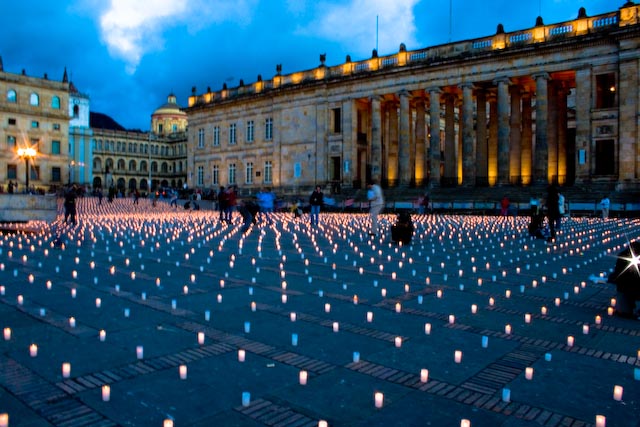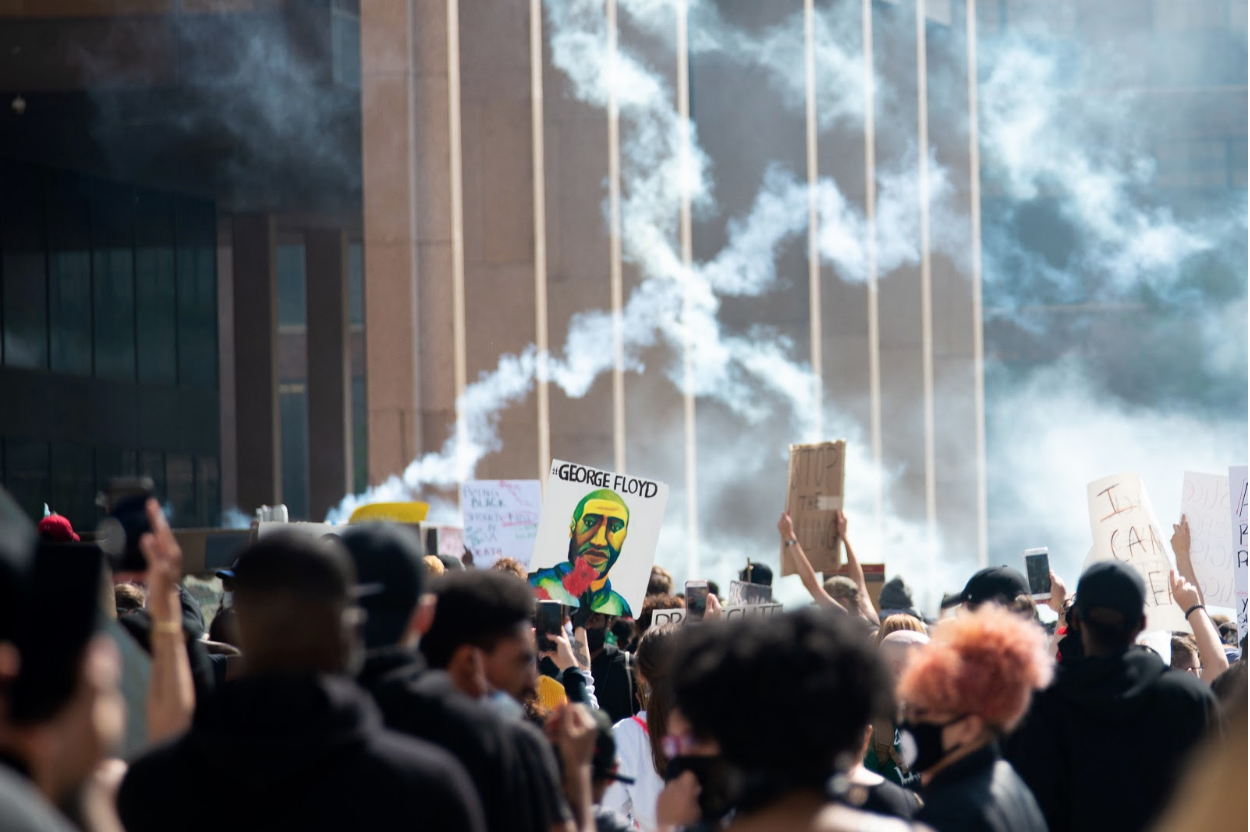The Arizona state legislature introduced a bill, HB2120, in January to limit school activities and courses that, amongst other things, “promote division, resentment or social justice toward a race, gender, religion, political affiliation, social class or other class of people.” This bill expands upon an existing law that banned Mexican-American studies courses in colleges and in schools. The existing law is heavily contested and is currently being challenged for its limitations on minority groups’ work and for potentially violating the First and Fourteenth Amendments. This new bill cites “courses, classes, events or activities” that not only “promote the overthrow of the United States government… promote division, resentment or social justice toward a race, gender, religion, political affiliation, social class or other class of people.”
As this bill specifically targets activities and courses in the name of “social justice,” I felt it was time to examine what’s so threatening about social justice to lawmakers in Arizona. It is defined, by the Oxford English Dictionary, as “justice in terms of the distribution of wealth, opportunities, and privileges within a society.” Essentially, social justice seeks to engage in conversations surrounding existing institutions of oppression while working towards appropriate justice for any and all social groups. It is the effort to right what has consistently been wrong and what has wronged large, diverse groups of people over time. It is a foundation for productive activism, encouragement to embrace one’s identity, and a method of recognizing and understanding community issues in America.
So, why are these lawmakers so afraid of it? The Guardian noted that Bob Thorpe (R-Flagstaff), the state representative who introduced this bill, “wanted to target an [Arizona State University] course called Whiteness and Race Theory, as well as a university event called a ‘privilege walk,’ where students are supposed to reflect on their race and privilege.” What I find interesting is that Thorpe is seemingly threatened by general terms – whiteness, race theory, and privilege – used to understand social justice, the anthropology of America, and social theory. Students who take introductory courses in social psychology, sociology, and anthropology will be familiar with these terms in understanding social identity. The study of such institutions and systems is not new. But, perhaps, this isn’t the real issue Thorpe is responding to.
A glance at the University of Arizona, Tuscon’s website presents at least seven student groups, including Jewish Voice for Peace at the University of Arizona (JVPUA) and the University of Arizona Harry Potter Alliance (UAHPA), who relate to social justice in some way and could be affected should this bill be written into law. Here lies the real rationale behind the attempt to limit access to social justice resources on school and college campuses. Lawmakers like Thorpe are likely afraid of students congregating based on shared experience and learning from each other to improve the circumstances of themselves or their peers. Thorpe said of the bill, “This is drawing a line in the sand that says, ‘Higher education: If you want to have classes that teach resentment between individuals, you should have to fund them.’” While Thorpe states that division and association based on social group fosters “resentment between individuals,” it’s more apt to say that it causes resentment between minority groups and an unjust status quo. What Thorpe and other lawmakers may truly fear is the power of social justice to empower students to become activists and changemakers. These lawmakers, who benefit from the current status quo, will do everything they can to stop it from changing.
These preventative measures, however, are extremely faulty approaches to the issue on the part of lawmakers, and they may be challenged in court as unconstitutional. Limiting free speech and congregation around the idea of social justice is an effort to suppress individual thought that questions the role of our government in failing to provide justice and liberty for all. The irony here is that the bill also states that these events, courses, or activities may not be “designed primarily for students of a particular ethnic group” or “advocate solidarity or isolation based on ethnicity, race, religion, gender or social class instead of the treatment of students as individuals.” Now, these events designed for particular groups are, first, not inherently harmful or treasonous. In fact, these types of spaces are shown to effectively promote students’ educational and personal well-being. A 2012 study published in Education and Urban Society states, “Students felt further development of their ethnic identity had a considerable, positive impact on their sense of competence, sense of belonging, interpersonal relationships, and commitments.” Further, the clause that stipulates that “the treatment of students as individuals” is lost in social justice classes or events fails to understand that these individual students have the right to identify with social justice groups. Students can and should assemble with others based on their identifiers, and they should decide for themselves with which spaces they would like to engage.
The final line on this bill states, “It is the intent of the legislature that Arizona shall not educate nor judge an individual based upon their religion, political affiliation, social class, gender, ethnicity, race or by the color of their skin, but by the content of their character.” In the same month, we celebrated those same words recited by Dr. Martin Luther King, Jr. in his “I Have a Dream” speech, only to see them twisted to fit the narrative of the oppressor. Students should have the freedom to be supported in spaces that acknowledge their identifiers, whether those spaces were built by other students or professors. Proposers of this legislation evidently have no intention to educate students by the content of their character, but rather to limit the access of students to understanding their own identities, effectively sanitizing the meaning of Dr. King’s words. Legislators fear that students will then learn that their communities have been subject to an unequal distribution of privilege. And if students learn this is the case, then they might want to change it. No, this isn’t about the content of their character at all. This is about suppression of free expression, assembly, and a true education for students entering a society that is inherently prejudiced.
This bill was crafted with the intent to cause students to enter our society as passive members, accepting what exists rather than changing it when it wrongs them. By interfering in educational spaces, these lawmakers have shown that they do not believe in a right to free speech and in the diversity of education. To them, education is a threat. Public schools and universities are tasked with the job of educating their students and preparing them for the world in which we live; if educators are limited, then these students will be unprepared to participate thoughtfully in our society. If the intent of these lawmakers is to build and enforce a less educated, curious, inclusive and engaged society, then I wonder how exactly they believe they can represent their constituents in a challenging and changing world.



